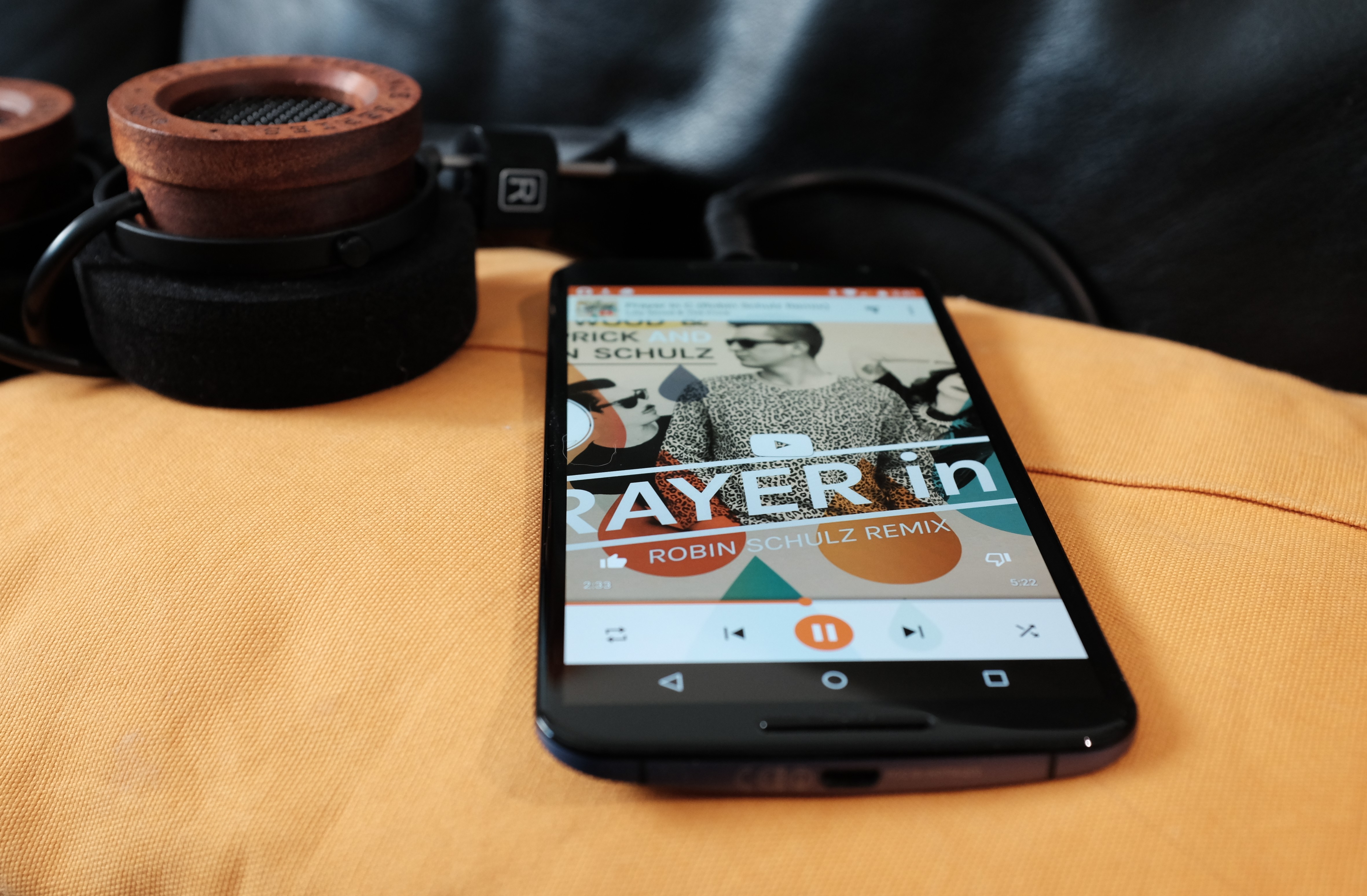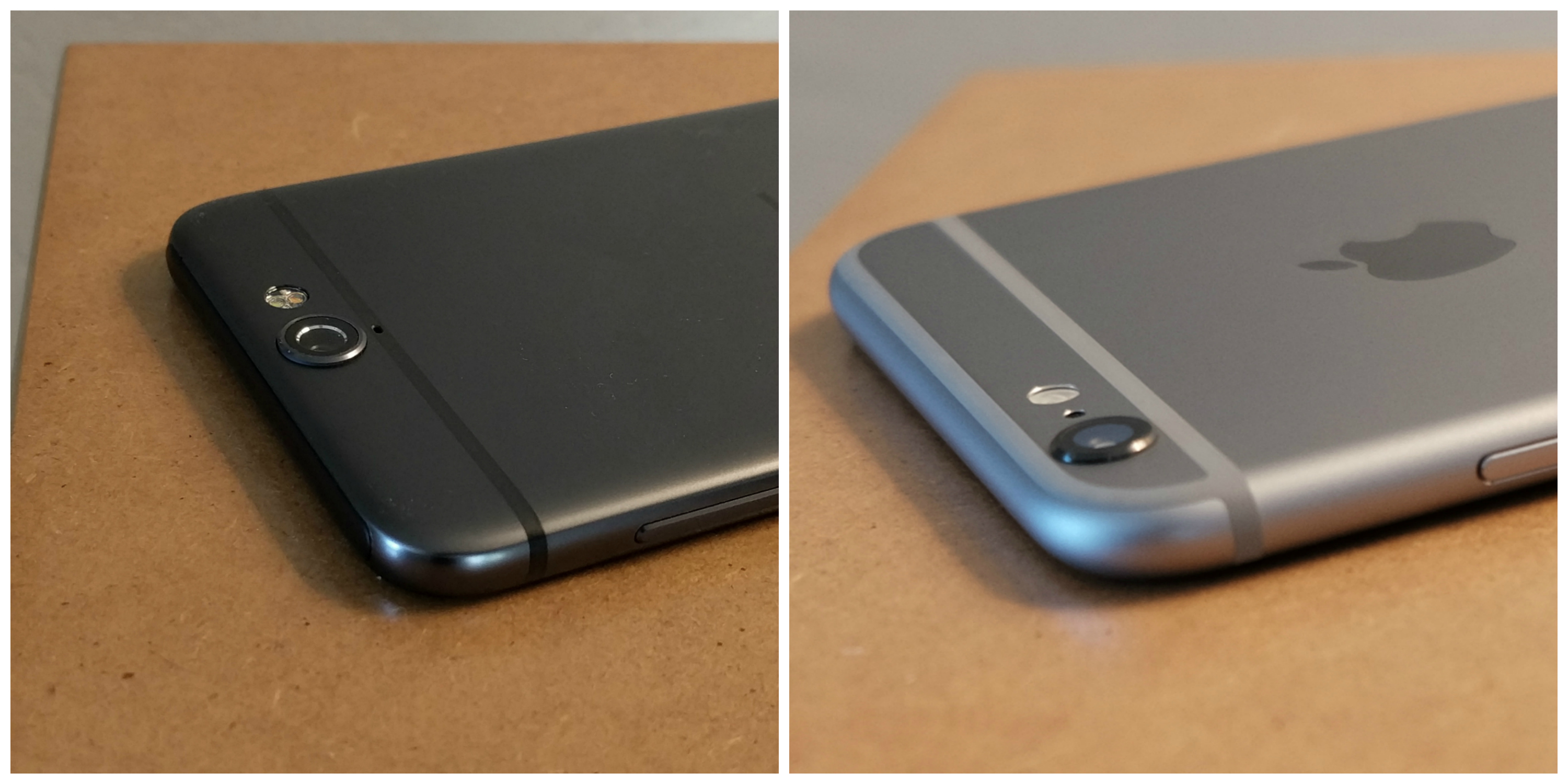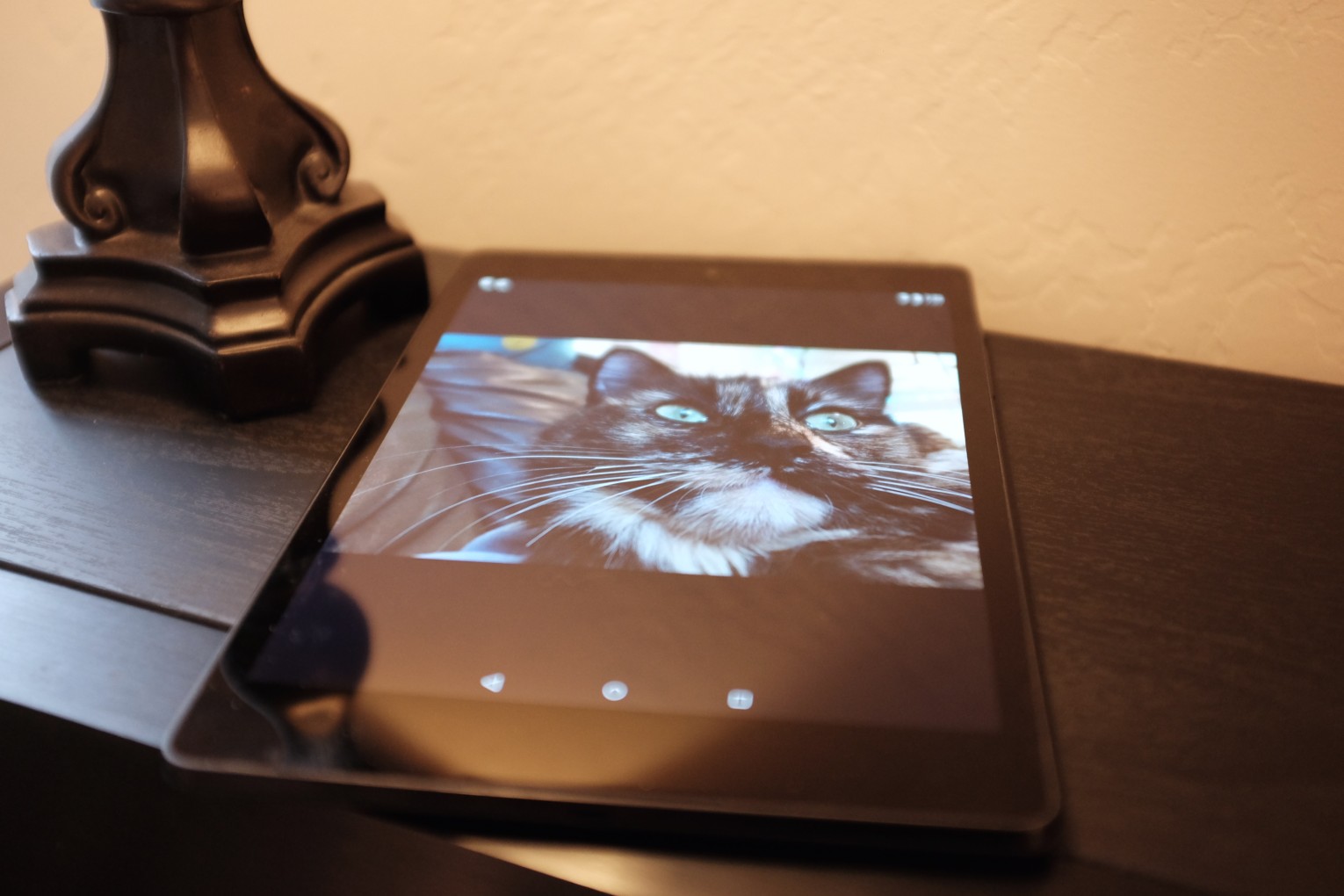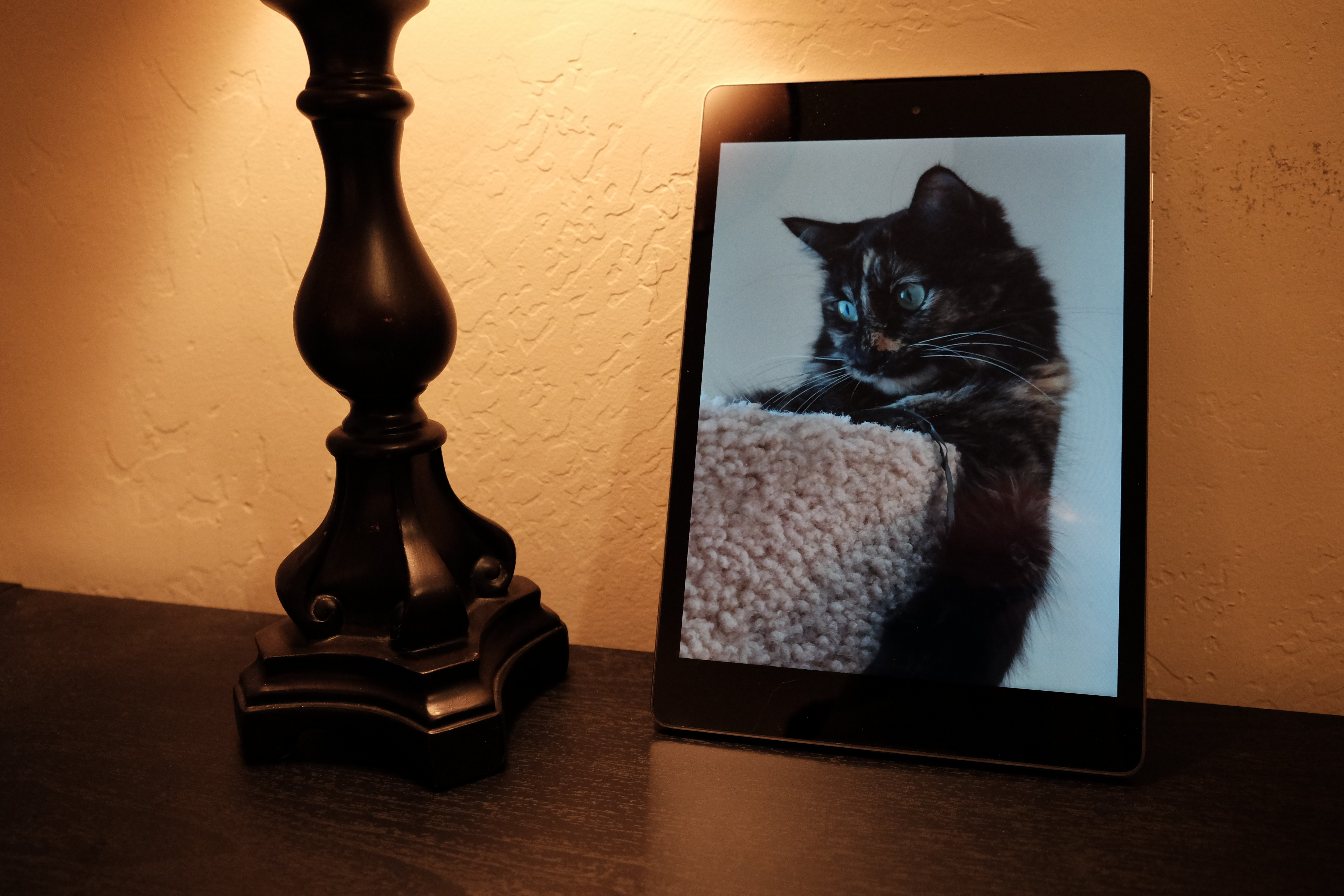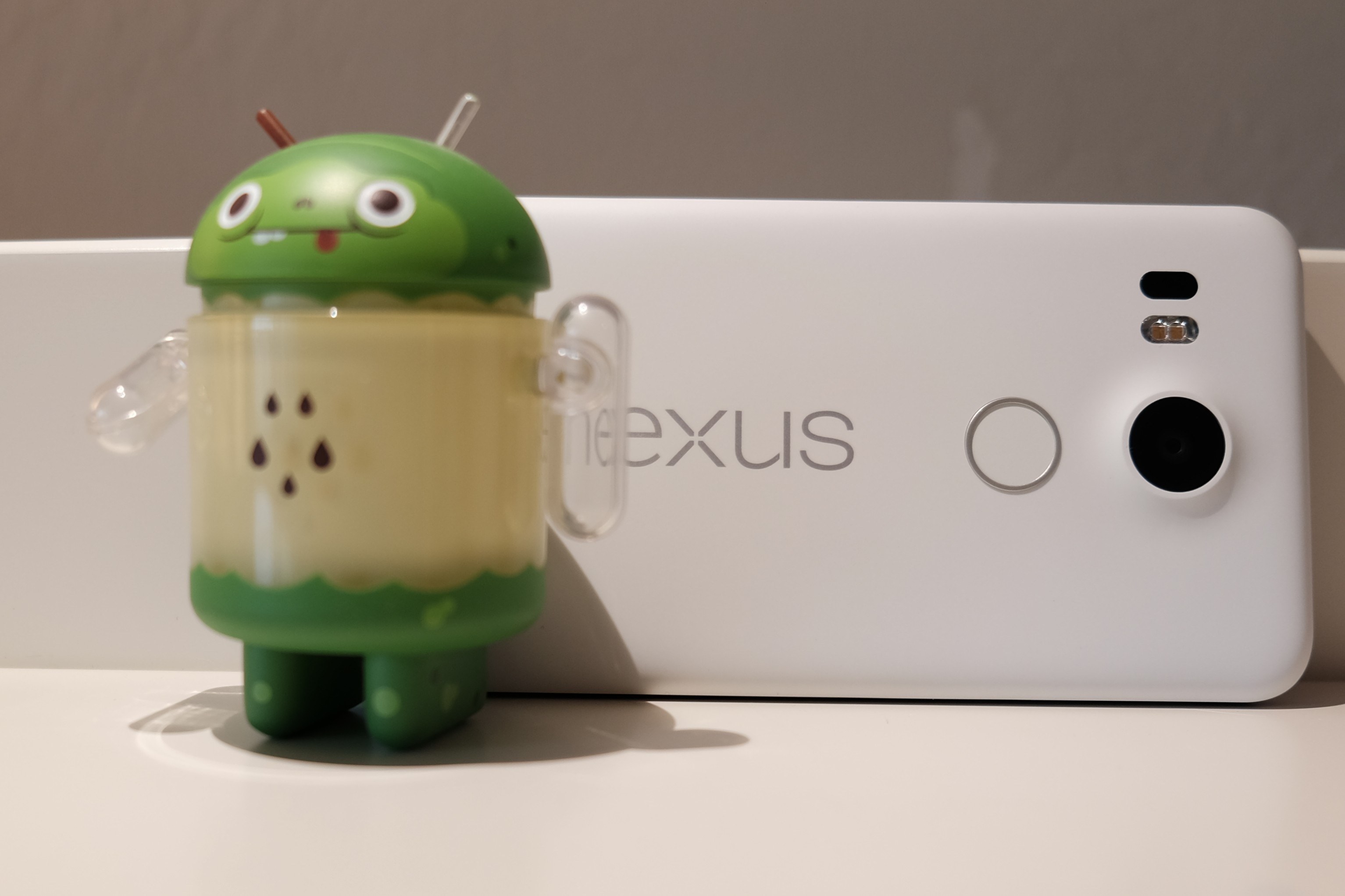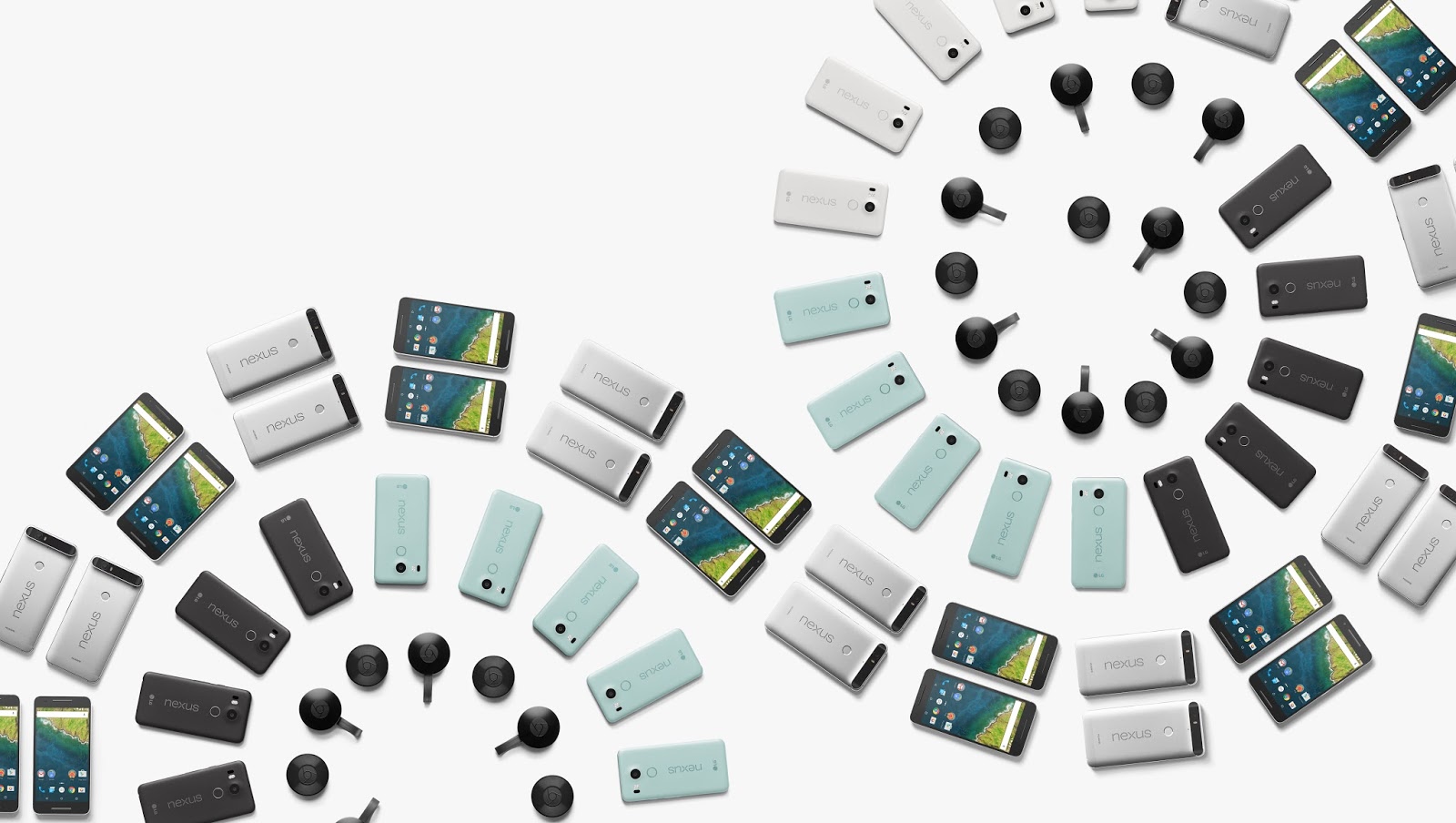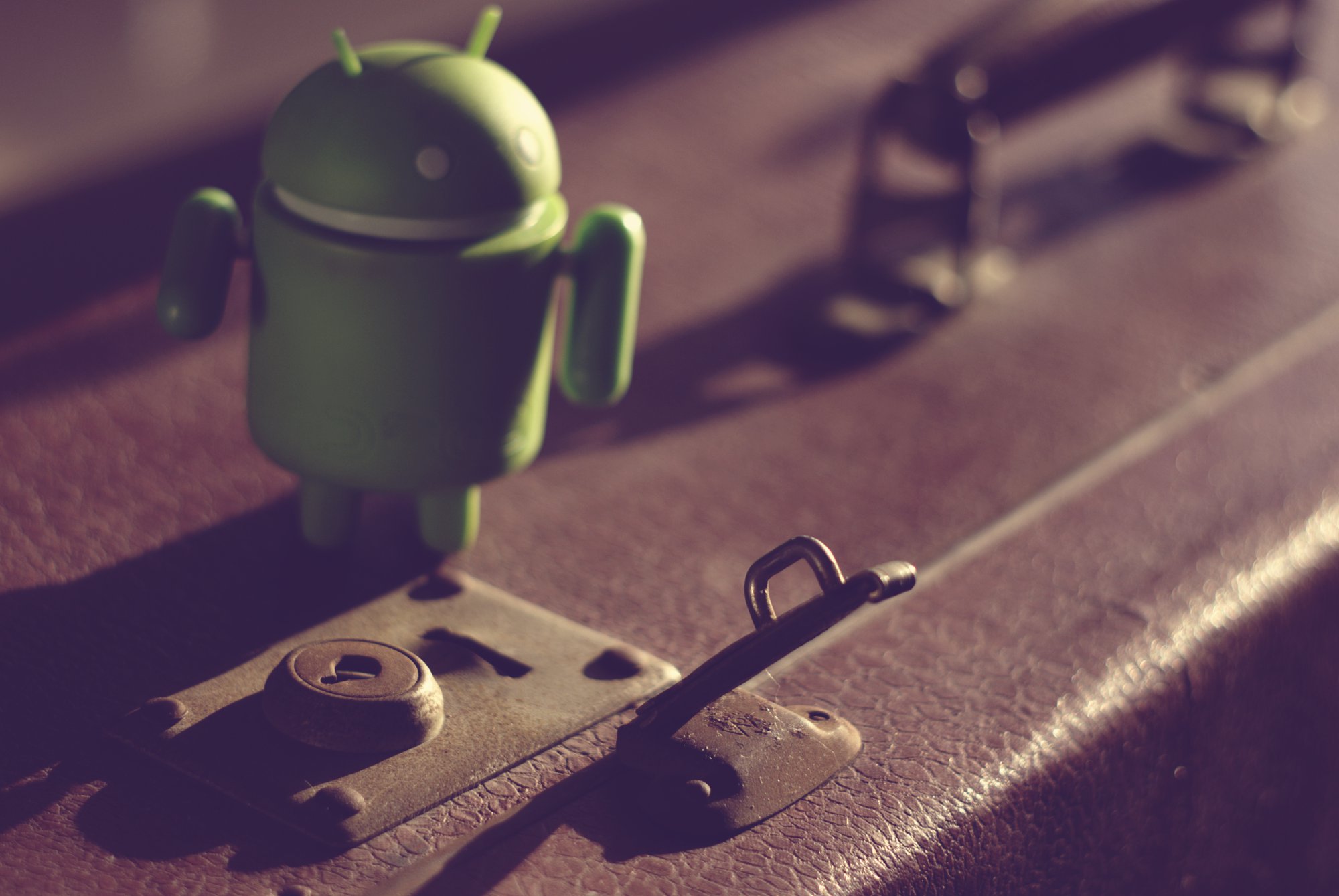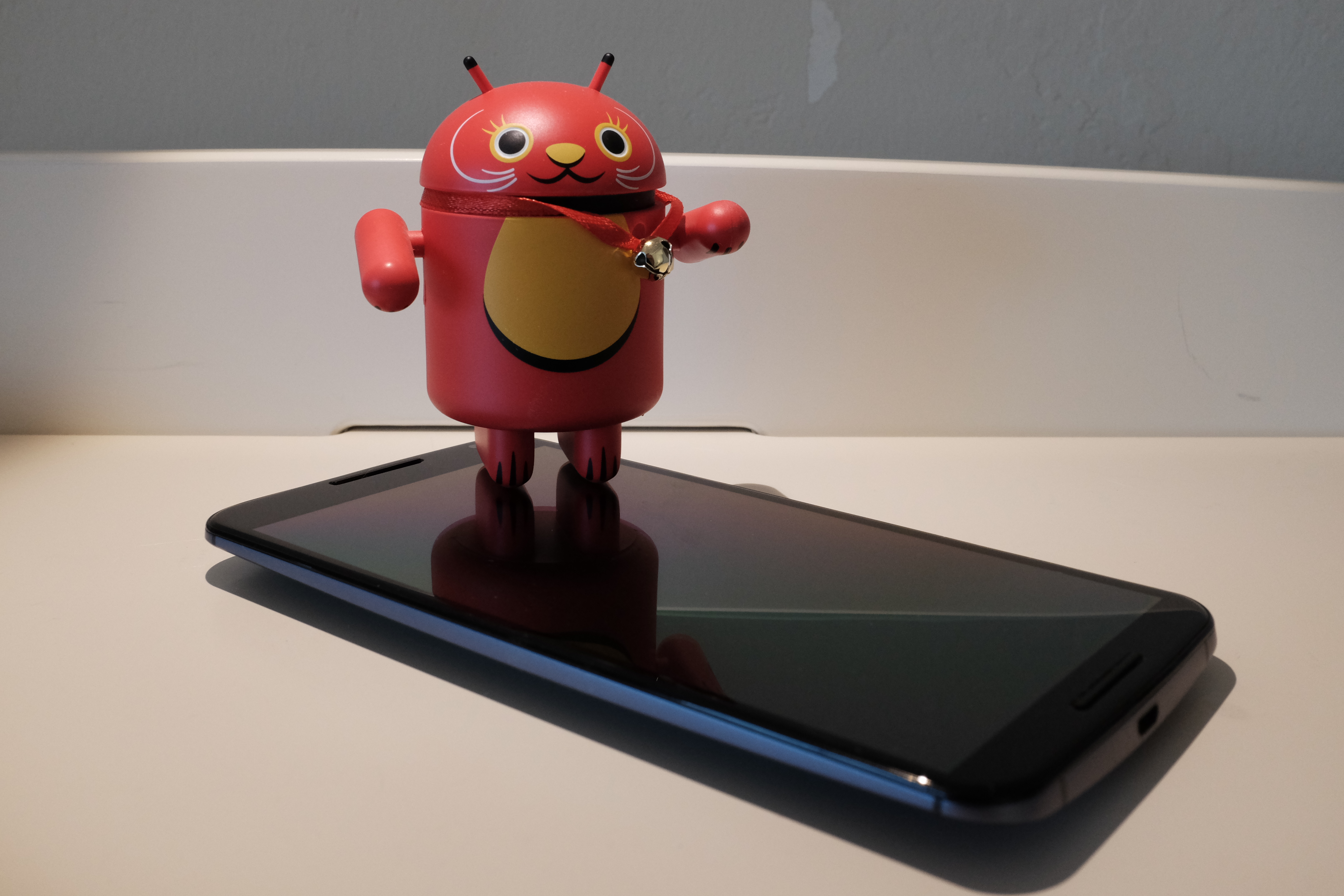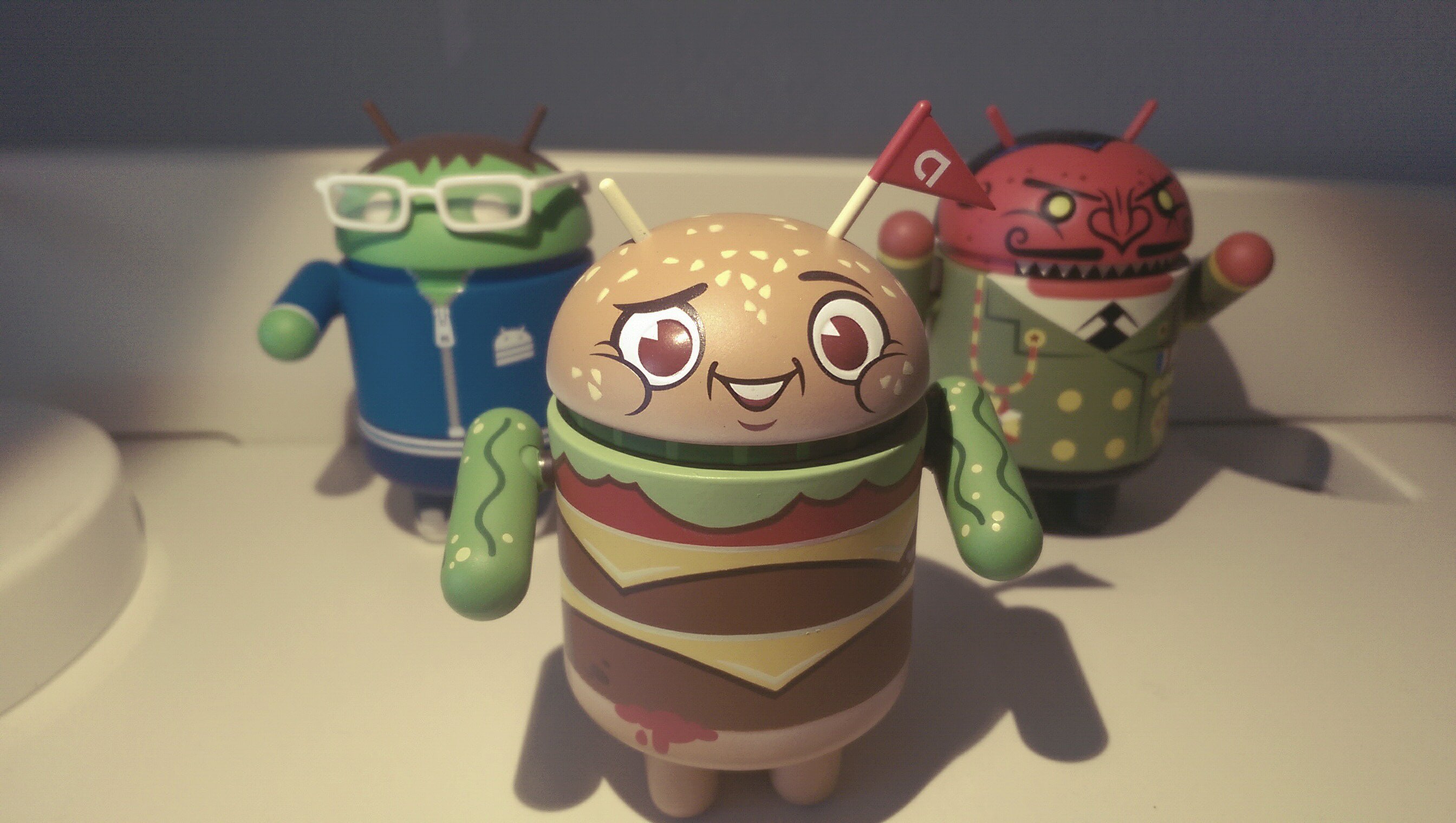If you’re smartphone shopping this holiday and wondering what to buy, my primer can assist—with caveats. I focus solely on Androids that are higher end but affordable, and I ignore iPhones. No slight against Apple devices is intended. I figure that people who want an iPhone won’t likely consider an alternative. Also: The differences aren’t as pronounced. For example, the major benefit choosing 6s or 6s Plus over the two previous models is slightly lower price (3D Touch is an unnecessary gimmick). The major benefit picking 5s over the 6 or 6 Plus is again price but also smaller size.
Among Androids, differences abound—and many, such as older OS versions or custom UI skins, are carrier or manufacturer imposed. That’s without considering the bloatware that either or both parties might impose. I intentionally focus on devices that offer the most value for price paid, which includes upfront or payment-plan purchased unlocked.
